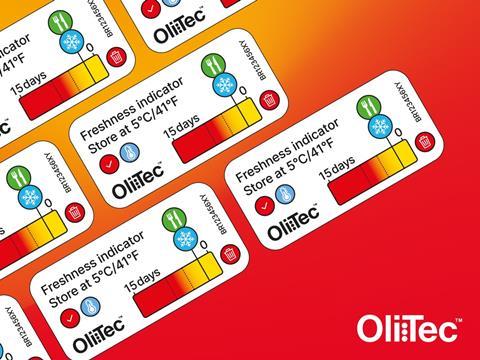
OliTec’s smart labels can be applied to a temperature-sensitive product at the same time as it is packaged, offering a visual representation of freshness based on the temperature it is stored at over time and mimicking the product’s lifecycle. The company says that the labels can provide greater clarity than best before dates – which many supermarkets are looking to eliminate from their packaging – and contribute to a reduction in food waste.

Nicholas Richardson, CEO of OliTec, tells us more about this smart labelling solution.
Can you introduce the OliTec temperature sensitive smart labels, and tell us what their main features are?
OliTec is a technology able replicate the life of a product because it is time and temperature sensitive. The technology communicates throughout the life of the product with a visual timeline that speeds up and slows down (depending on temperatures).
The technology is competitively priced, and easy to apply and use due to its incorporation in standard labels, hence can be applied and activated at high speeds, in line with processes used in manufacturing.
OliTec is “live” at the point of packaging, hence the birth of the product when it is manufactured or produced.
What packaging and products can the OliTec smart labels be used with?
The technology can be applied to products that are sensitive to temperature changes and that have a 5-15 day life span at 5°C. The technology is currently being developed further to extend the lifespans beyond 5-15 days.
OliTec can be applied to any product packaging due to its flat, flexible design that can adhere to any material.
Where in the supply chain do you see the OliTec smart labels having the most impact?
The label could be applied at the point of packaging, allowing better management of the supply chain by identifying any areas in the supply chain where there have been temperature variances.
The OliTec technology could also be used in-store to allow for better stock rotation management. Finally, OliTec could be used by consumers in the home to manage food and reduce the amount thrown away.
All the above would have the impact of reducing waste.
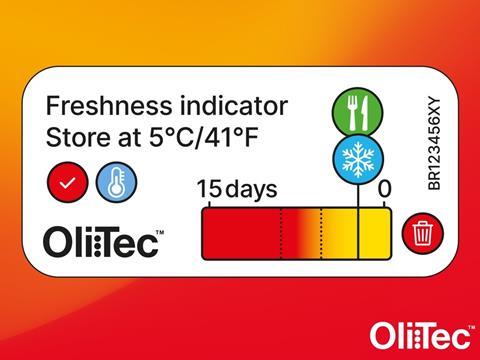
What do you think the environmental impact of the OliTec smart labels will be?
The airline industry produces 1.9% of total global Green House Gases (GHG), while Food Waste is estimated to produce between 8-10% GHG. As such, reducing food waste by 25% would be the equivalent of reducing GHG produced by the whole airline industry.
Food waste that ends up in landfill is particularly potent, as landfill waste produces methane, which has 28 times more the global warming potential of carbon dioxide.
A trial in Denmark with alternative first-generation TTIs (time temperature indicators) demonstrated that use of time temperature labels could reduce waste from 25%-65% depending on the food category.

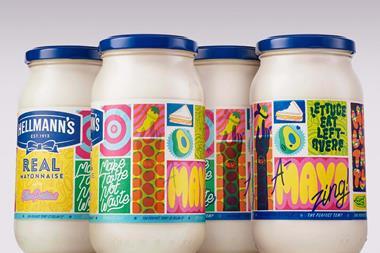
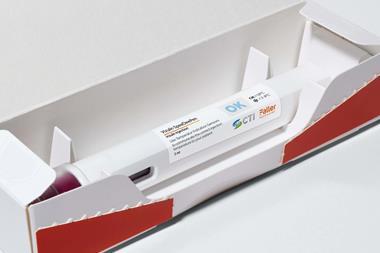


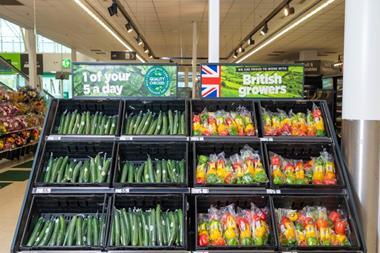
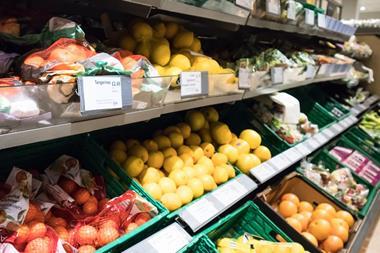

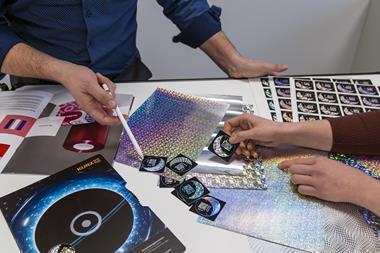


No comments yet